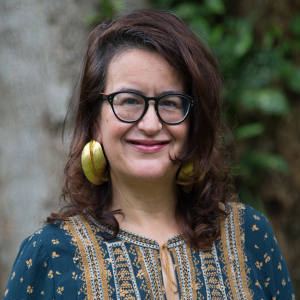Descriptions
Since its first phase, the FACT Dialogue has emerged as a valuable intervention addressing the complex nexus of economic, environmental, social, and political factors (re-)shaping the trade in agricultural commodities with a large forest footprint among member countries. Operating within landscapes where short-term economic gains often surpass sustainability, FACT navigates cultural, social, and political dynamics that prioritize profit over environmental conservation. Key State and non-State actors, including governments, multinational corporations, civil society, and Indigenous communities, are engaged in efforts to correct what is a delicate balance of interests, while external factors such as market demand and geopolitical tensions further shape the intervention's effectiveness. By fostering collaboration, dialogue, and collective action, FACT aims to catalyse transformative change towards sustainable commodity production, trade, and consumption, aiming for a more equitable, resilient, and sustainable future.
To achieve its expected long-term impact, the change strategy of FACT is articulated around two layers of outcomes to which FACT outputs contribute to. The FACT results-chain is described as follows: In the long-term, the desired impact (sphere of interest) is: · Globally traded commodities increasingly originate from sustainable sources, guaranteeing the needs of people while ensuring overall sustainable development. By 2030 (the SDGs objective timeframe), collaborative and foundational processes to halt/reverse deforestation are in place, characterized by the following high-level outcomes (sphere of influence): HO1. Greater alignment, trust, international collaboration and mutual accountability between engaged policy actors. HO2. Increased political salience, level of participation and diversity of participants within the global sustainable commodity policy agenda.






















